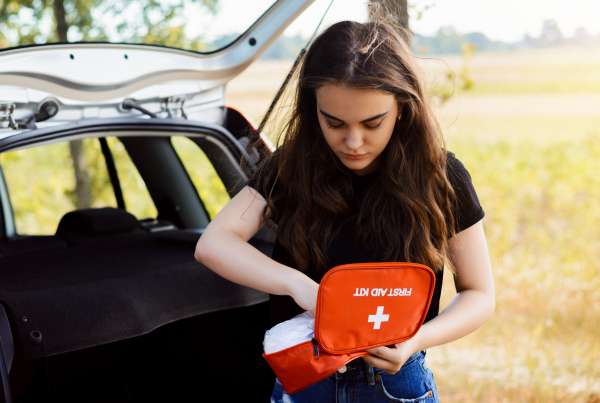Because teenage depression is one of the factors that can lead to early substance abuse, it is important to learn how to recognize the symptoms of this condition before other issues arise. Teen depression can be difficult to discern, since the teen years are often a time of emotional upheaval for even those that are not suffering from a mental disorder. In addition, the symptoms of depression in teens may look somewhat different than the signs of depression in adults. It is important to know what to look for and determine whether the signs you see are within the realm of “normal” teenage angst or symptoms of a bigger problem.
Emotional Symptoms
Emotional changes that might appear in a teenager that is suffering from depression might include:
- Sadness and crying spells for no apparent reason
- Unusual irritability, possibly with sudden flashes of anger or rage
- Withdrawal from some people and activities
- Greater sensitivity to criticism
- Exaggerated self-blame or feelings of worthlessness
- Suicide thoughts and ideations
When trying to discern between what is normal and what is not for your teen, consider the duration and severity of the symptoms. It is also helpful to distinguish between what is relative common for your teen and issues that are new or different from the norm.
Physical Symptoms
Physical symptoms of depression are often more prevalent in teenagers than adults. Some of the physical signs of the disorder might include:
- Unexplained pains, such as frequent headaches or stomachaches
- Persistent fatigue or loss of energy
- Unusual increases or decreases in appetite
- Significant weight fluctuations
Behavioral Changes
Your teen’s behavior may change as a result of depression as well. Some of those changes could include:
- Poor academic performance in a teen that is typically a good student
- Difficulty concentrating or focusing on tasks
- Poor hygiene and less interest in appearance
- Risky or self-destructive behavior
- Talk about or effort to run away from home
- Use of drugs or alcohol
If you begin to see any of these symptoms in your teen, it is important to get help sooner, rather than later. Teens that turn to drugs or alcohol to self-medicate are much more likely to develop a serious substance abuse problem. Even if depression is not the underlying cause of the symptoms, the issues leading to these changes need to be addressed before they become even more difficult to treat.
The professional team at Visions Adolescent Treatment Centers is equipped to handle patients with a dual diagnosis like addiction and depression. Our programs are customized to the unique needs of each patient, with a goal of treating the addiction and helping patients adapt successfully to a new life of sobriety. To learn more about our programs, contact Visions Adolescent Treatment Centers at 866-889-3665.









